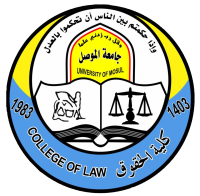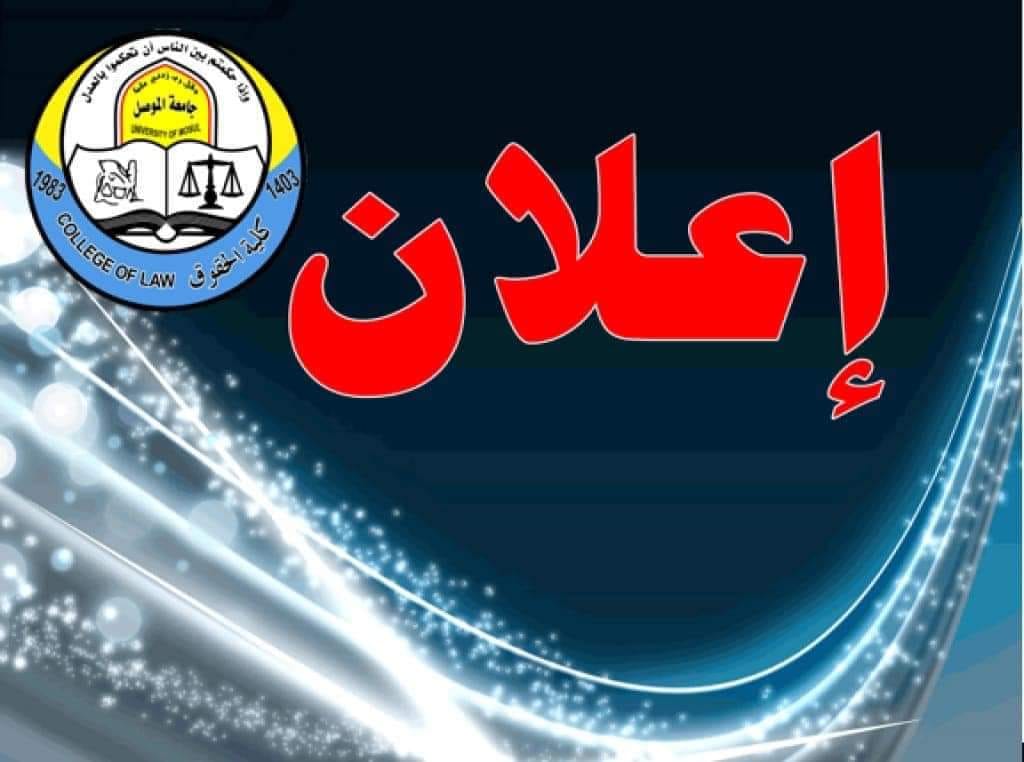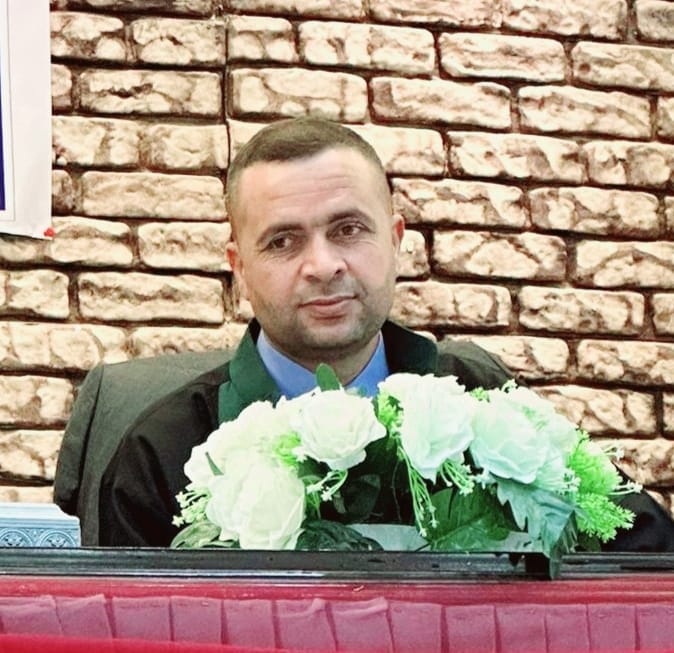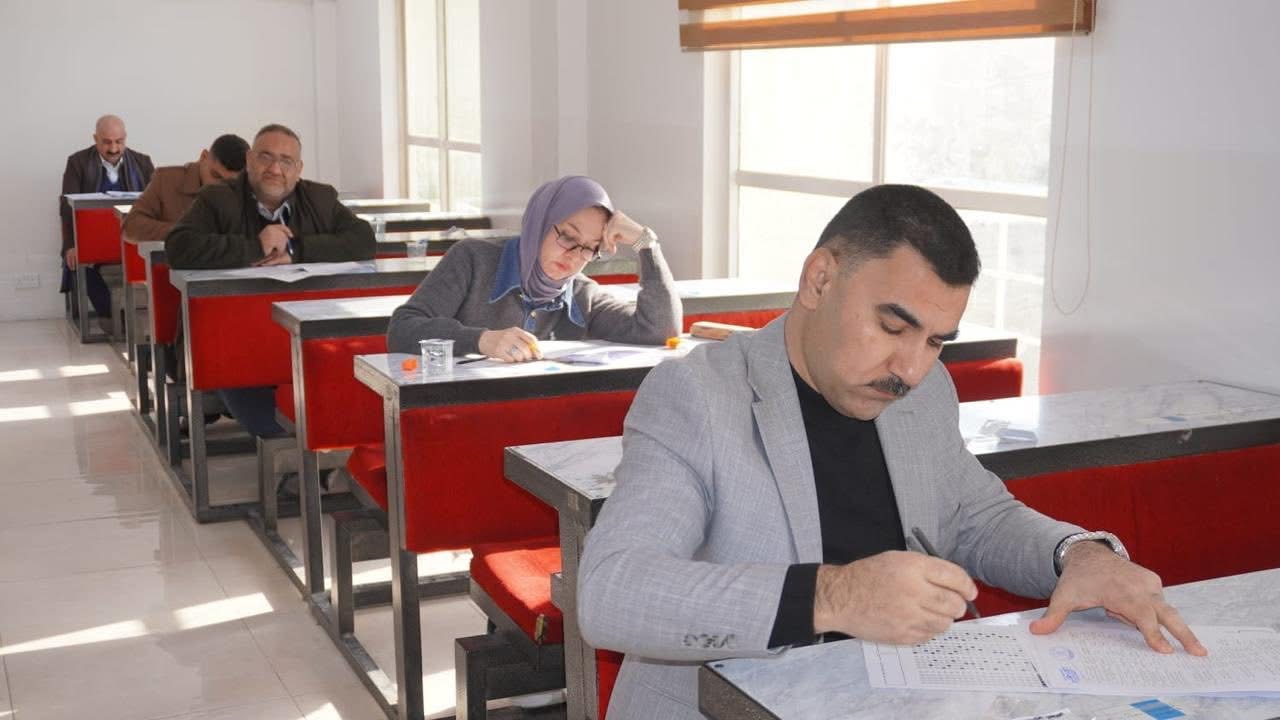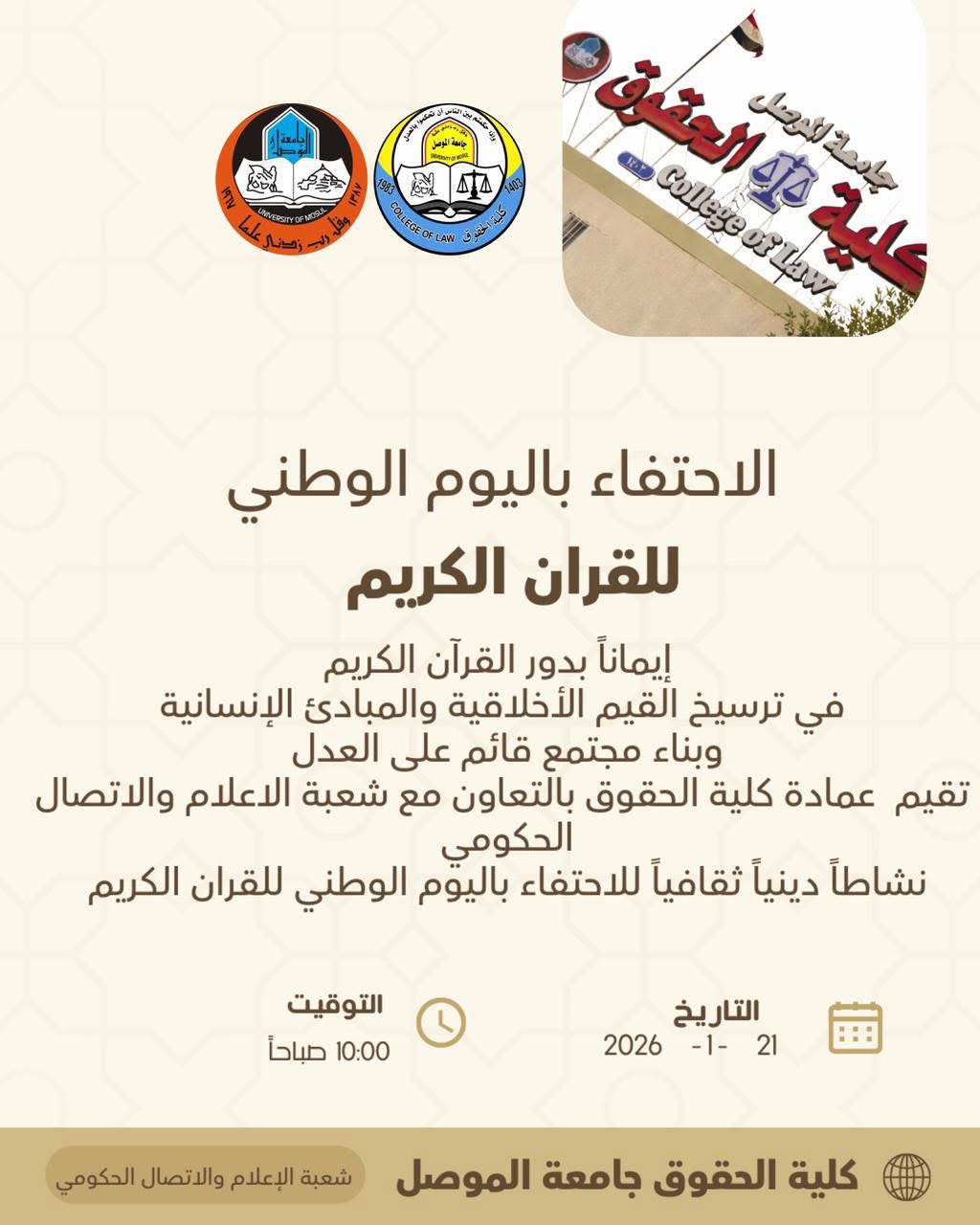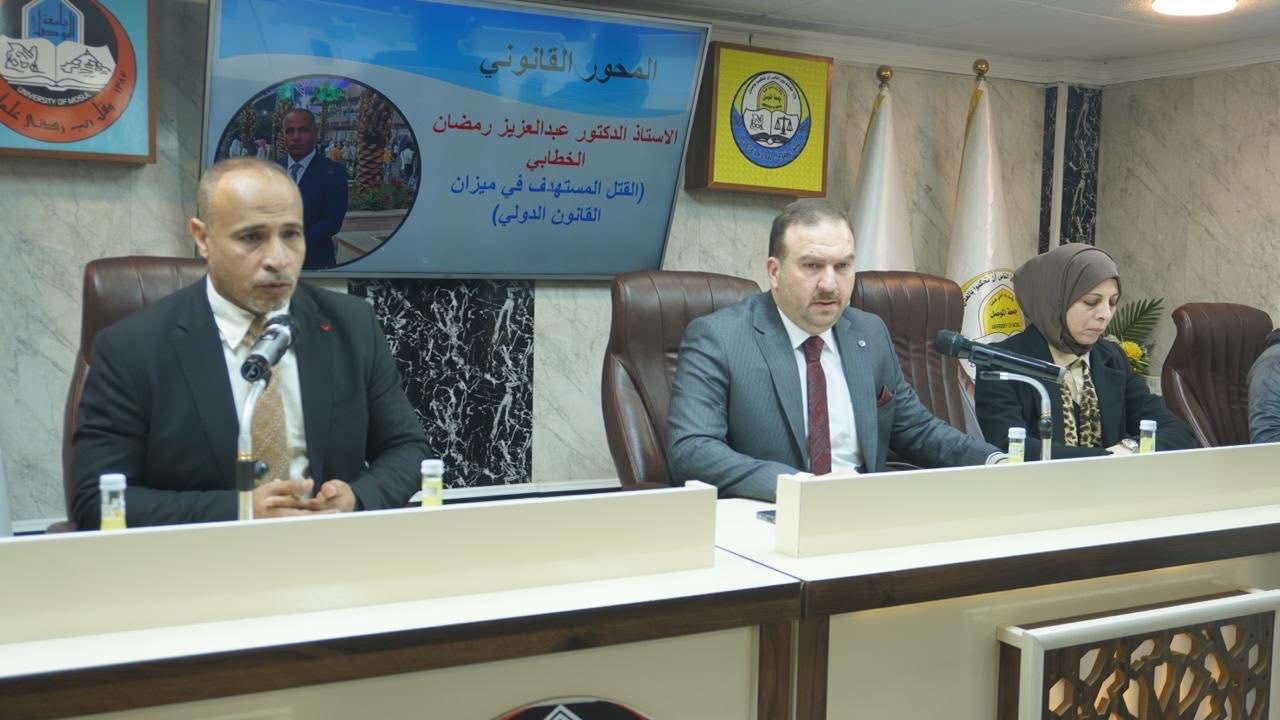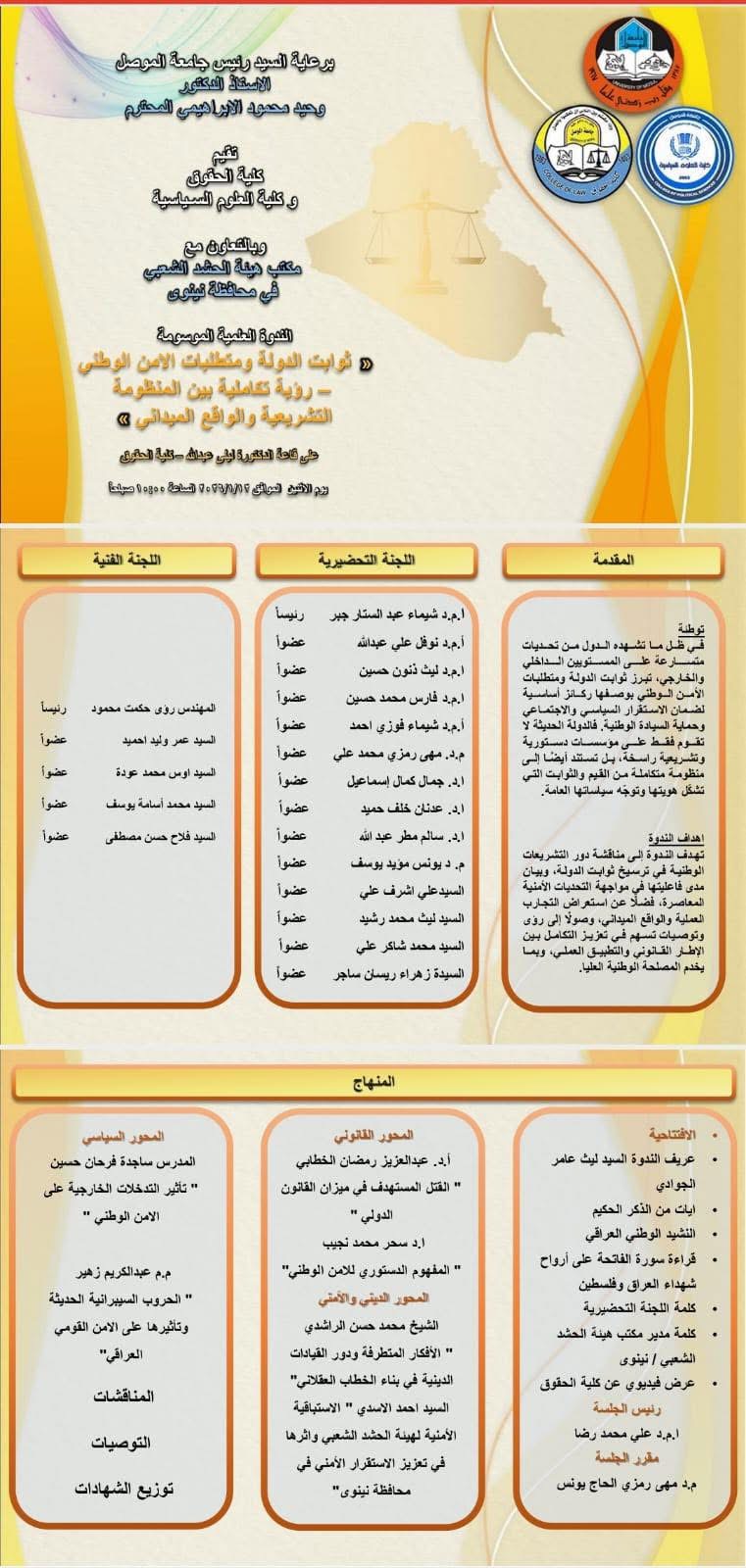30 July، 2024
Legal Article

Legal Article on the Position of International Humanitarian Law on the War in Gaza,,,
International Humanitarian Law is the law that governs armed conflicts and military occupation and how it fully applies to the current war between the Zionist entity and Hamas, knowing that international humanitarian law has existed for thousands of years and has been codified in international agreements stipulated in the Geneva Conventions of 1949, in addition to the Hague Conventions and other agreements. The controversy is still raised about where international humanitarian law stands in the conflict between the Zionist entity and Hamas? Was the law respected by the two warring parties? This law is binding on all countries and fighting armies, including the Zionist entity, despite the fact that the majority of Arab countries do not recognize it as a state. However, it is bound by the rules of international humanitarian law because recognition reveals relations between countries and does not establish the establishment of a state or not. Also, 165 countries recognize the Zionist entity as a state currently out of 193 member states of the United Nations. International humanitarian law is also binding on non-governmental armed groups participating in conflicts, such as Hamas, although they cannot officially ratify the relevant treaties. The rules of law are not subject to reciprocity, meaning that they are applied in the event of violations regardless of what another party to the conflict has done. This means that a party cannot justify its violations by deliberately targeting civilians or imposing collective punishment on them by claiming that the other party has committed similar violations. It is worth noting that the set of laws that make up international humanitarian law also includes laws governing occupation, that is, when a state exercises actual authority over an area without its consent and without having a sovereign right over it, such as the Zionist occupation of the Palestinian territories. These laws stipulate that the occupying state does not acquire sovereignty over the occupied territories and that the occupying authority must treat the population in a manner that Humanitarian and to provide them with food and medical care needs, while the United Nations confirms that there is evidence of war crimes committed by both the Zionist entity and Hamas during the war between them since October 7, and that it is working to collect evidence in this regard in order to initiate possible legal prosecutions. Throughout this war, which has witnessed systematic destruction by the Zionist entity of Palestinian civilian facilities in Gaza and the killing of thousands of civilians, and violations of the following international agreements:
The First Geneva Convention 1949.
The Second Geneva Convention 1949.
The Third Geneva Convention 1949.
The Fourth Geneva Convention 1949.
The First Additional Protocol to the Geneva Conventions 1977.
The Second Additional Protocol to the Geneva Conventions 1977.
The Third Additional Protocol to the Geneva Conventions 2005. In it, the Zionist entity has committed many crimes during the Gaza war, including genocide, forced displacement of civilians, targeting schools and hospitals, and cutting off electricity and water supplies to Palestinians in a state of collective punishment. The Zionist entity is considered a perpetrator of international criminal crimes according to To the rules of international humanitarian law, while the international community continues to use double standards and deal with the Palestinian issue illegally.
Dr. Ahmed Faris Idris
M. International Humanitarian Law
Faculty of Law
Department of Human Rights Law.
